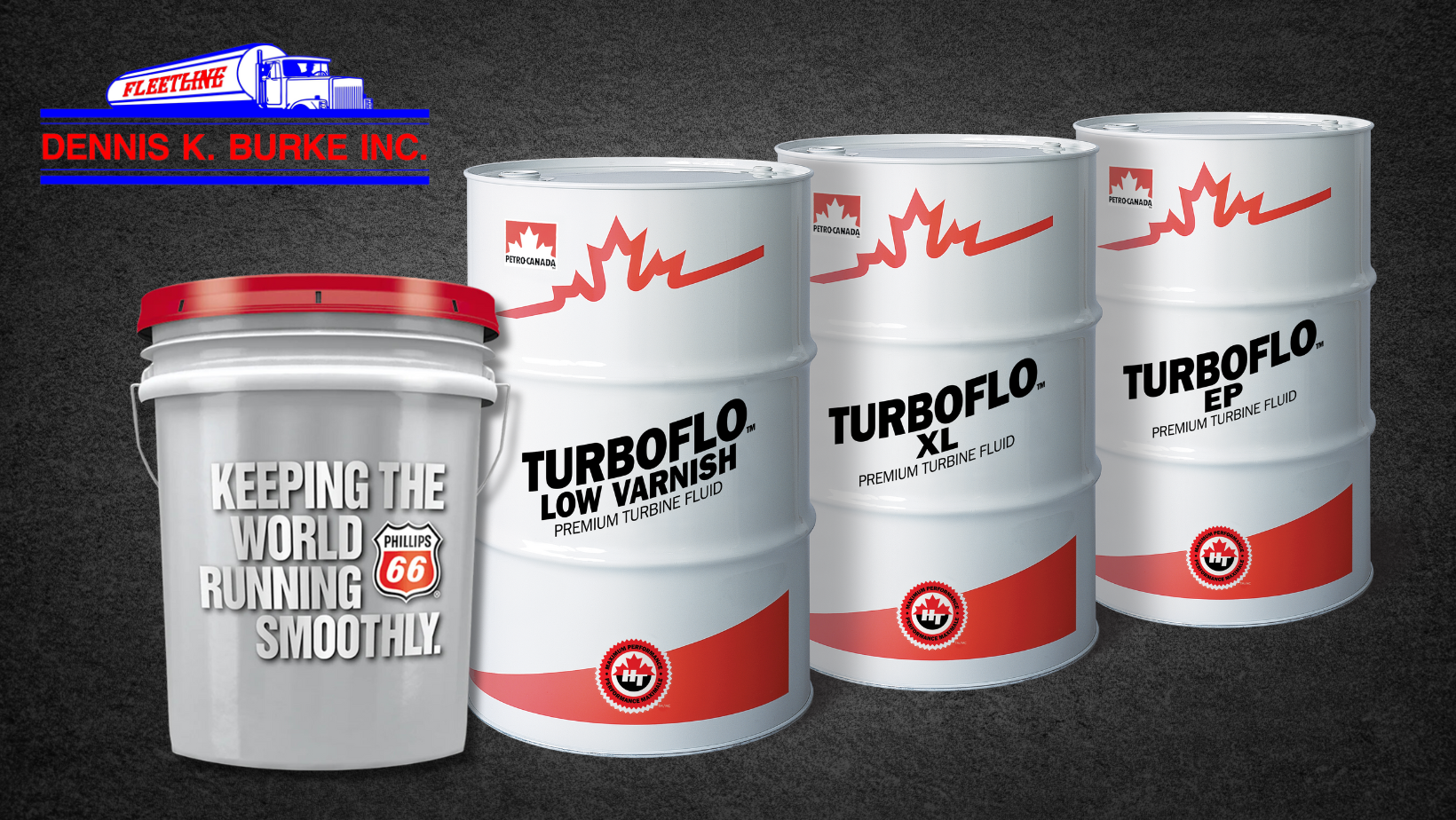Marine Engine Oils and Hydraulic Fluid - Doug's Tip of the Month
.png)
In the demanding world of marine operations, the reliability and performance of equipment are directly tied to the quality of the lubricants used. Marine engine oils and hydraulic fluids must meet strict environmental and operational standards to ensure the longevity of machinery and compliance with regulatory guidelines. This tip of the month outlines the evolving requirements for heavy-duty marine engine oils and hydraulic fluids, and highlights quality solutions available through Dennis K. Burke that meet these rigorous demands.
- Heavy Duty Engine Oils
- Marine engine oils continue to change. Reducing exhaust emissions, fuel type – diesel, bio-diesel, etc. and fuel efficiency are key considerations for the changes.
- Marine engine oils must contain alkaline additives to neutralize the corrosive effects that occur during combustion. Sulphur in the residual fuel oil that most marine engines run on will oxidize during combustion create Sulfuric Acid. This effect will occur in both two-stroke and four-stroke diesel engines. The amount of these additives will assist in determining the total base number (TBN) of the oil.
- Strict limits have been imposed on emission of both nitrogen oxides (NOx) and Sulphur oxides (SOx).
- These limits mean that either a low Sulphur distillate fuel is burned and/or a scrubbing system is used to remove most of the Sulphur from the exhaust gas.
- Marine diesel engine oils may be chosen based on the fuel used low-Sulphur and high-Sulphur fuels.
- Marine diesel engines also can be designed to burn liquefied natural gas (LNG). Some considerations for engine oils in LNG burning engines is detergency additives. Detergency is necessary to reduce combustion and degradation deposits on pistons and piston rings. Supplementary detergent additives are required.
- Quality Heavy Duty Engine Oils at Dennis K Burke that meet marine requirements
- Fleetline Superfleet
- Kendall Super-D
- Petro-Canada Duron SHP
- Hydraulic Fluids – Marine requirements
- Zinc free – reduced risk of corrosion of certain metals. Safer for use around bodies of water.
- Non-sheening
- Readily or inherently biodegradable
- High viscosity index (VI) - excellent thermal and oxidative stability
- High lubricity
- Wider operating temperature range
- Excellent solvency – reduces deposits and varnish
- Environmentally Acceptable Lubricant’s (EAL’s) as per EPA 2013 U.S. Vessel General Permit (VGP) guidelines
- US Coast Guard and Code of Federal Regulations exist regarding Hydraulic fluid for marine applications.
- Part 58 —Main and Auxiliary Machinery and Related Systems
- Subpart 58.30 —Fluid Power and Control Systems
- Source: USCG-2020-0634, 89 FR 50179, June 12, 2024, unless otherwise noted.
- Authority: 43 U.S.C. 1333; 46 U.S.C. 3306, 3703; E.O. 12234, 45 FR 58801, 3 CFR, 1980 Comp., p. 277; Department of Homeland
- Security Delegation No. 00170.1, Revision No. 01.3.
- Source: CGFR 68-82, 33 FR 18878, Dec. 18, 1968, unless otherwise noted.
- 58.30-10 Hydraulic fluid.
- The fluid used in hydraulic power transmission systems must have a flashpoint of not less than 200 °F for
- Pressures below 150 psig and 315°F for pressures 150 psig and above, as determined by ASTM D92
- The chemical and physical properties of the hydraulic fluid must be suitable for use with any materials in the system or components thereof.
- The hydraulic fluid must be suitable for operation of the hydraulic system through the entire temperature range to which it may be subjected in service.
- The recommendations of the system component manufacturers must be considered in the selection and use of hydraulic fluid.
- Quality Hydraulic fluids at Dennis K Burke that meet the marine requirements
- Phillips 66 Powerflow NZ
- Petro Canada Environ
- BioBlend BioFlo
- Part 58 —Main and Auxiliary Machinery and Related Systems


